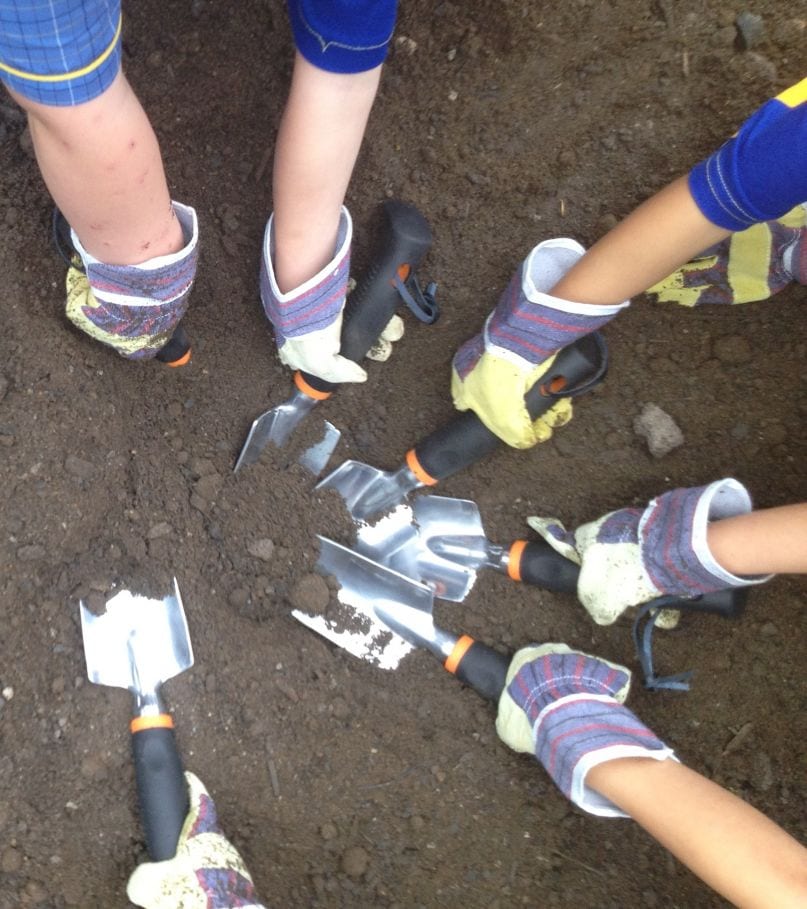
Learning About Gardening
Gardening is a fun and rewarding hobby that people of all ages can enjoy. Growing your own vegetables, flowers or other plants gives you an opportunity to nurture something from seedling to maturity. There are many benefits to gardening, including exercise, stress relief, and of course, enjoying the fruits (or vegetables!) of your labour.
To get started with gardening, you will need some basic supplies. This includes things like gardening tools, seeds or starter plants, soil, compost or other organic matter, mulch, and nutrients such as fertilizer. Weather-appropriate clothing and gardening gloves will keep you comfortable while working in the garden.
Some of the easiest plants for beginners to grow include tomatoes, leafy greens like spinach and kale, cucumbers, radishes, herbs such as basil and mint, flowering plants like petunias and marigolds, and dwarf fruit trees. These plants have simple needs and are relatively fast-growing and low-maintenance. As you gain experience, you can try growing more complex plants.
Preparing the garden bed depends on the type of plants you want to grow. Leafy greens and legumes need nitrogen-rich, loose soil, while herbs can thrive in well-drained, compacted soil. Adding compost or other organic matter will help retain moisture in the soil and promote healthy plant growth. Be sure to water the garden regularly, especially in hot or dry weather. Most gardens also benefit from regularly fertilizing and mulching during the growing season.
The best way to learn gardening is simply to start doing it. Try growing a few easy-to-care-for plants and be patient as you learn. With some practice, you’ll be harvesting homegrown produce and enjoying a thriving garden in no time! Gardening can provide a lifelong source of enjoyment and healthy, homegrown food for you and your family.
Let your creativity blossom by experimenting with different plants, growing techniques and garden designs. A thriving garden is one of life’s most rewarding pleasures.
Happy gardening!
Some tips for beginners to keep in mind:
• Start small and simple. Don’t take on too many plants or too large of a garden plot at once. Focus on learning the basics first.
• Do some research on the plants you want to grow. Understand their light, water, fertilizer and soil needs to give them the proper conditions.
• Prepare the soil with compost or other organic matter before planting. This will give your plants the nutrients they need to establish themselves.
• Water the garden regularly, especially for the first few weeks after planting or seeding. The soil can dry out quickly, so check frequently.
• Fertilize plants according to the directions. Too much or too little fertilizer can damage plants.
• Watch for common pests or disease and treat them promptly. Some options are organic insecticides, manual removal, or row covers.
• Give plants plenty of light. Most gardens require 6 hours or more of direct sunlight per day. Adjust plant spacing or use trellises if needed.
• Keep tools sharp and clean. This will make gardening more enjoyable and prevent injury.
• Consider crop rotation. Do not plant the same crops in the same place year after year. This promotes healthy soil and prevents disease buildup.
• Mulch around plants to help retain moisture in the soil and prevent weeds. But keep mulch a few inches away from plant stems.
• Once crop is harvested, add compost or other organic matter to replenish nutrients for next growing season.
• Keep a garden journal to record what grew well, any challenges you experienced, and ideas for next time. This will help you improve your skills over the years.
With practice and patience, gardening can become second nature. But always remember, gardening is meant to be fun and relaxing. Do not get too discouraged if you make mistakes. Every gardener, novice or expert, faces challenges in the garden. Happy gardening!